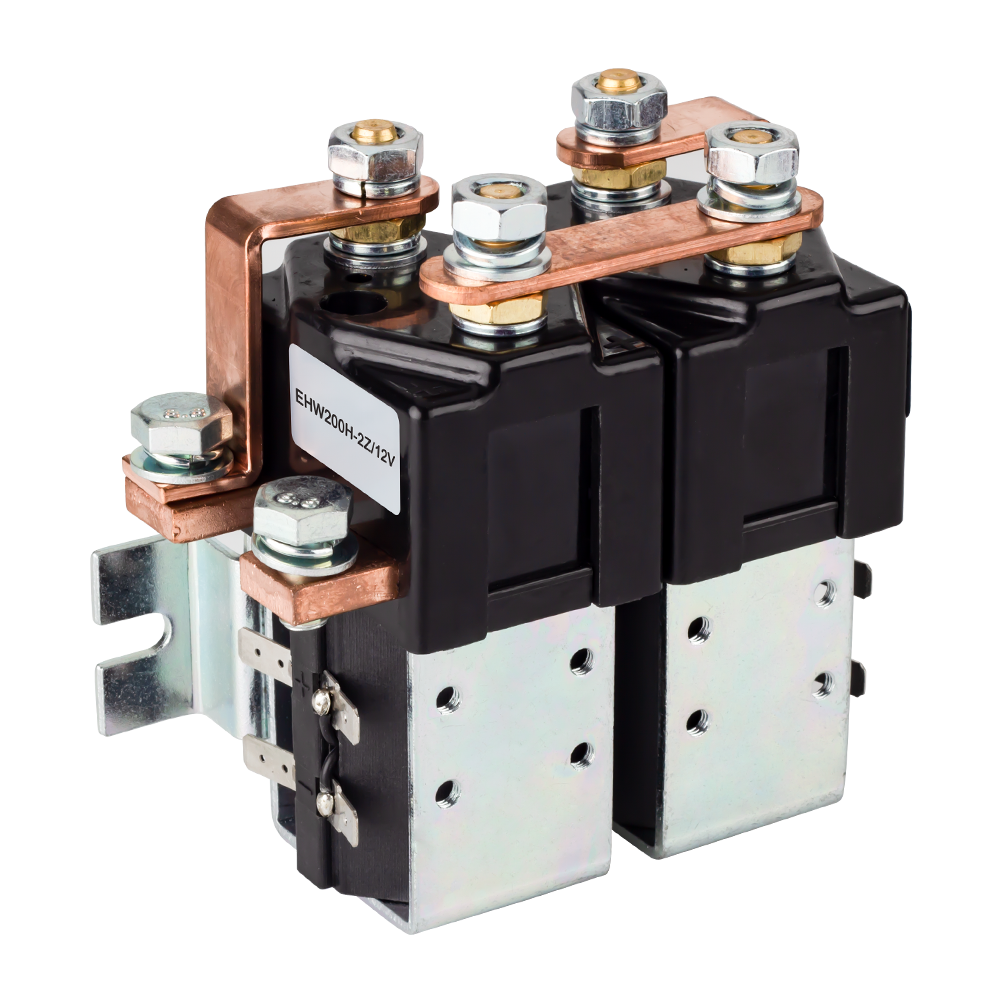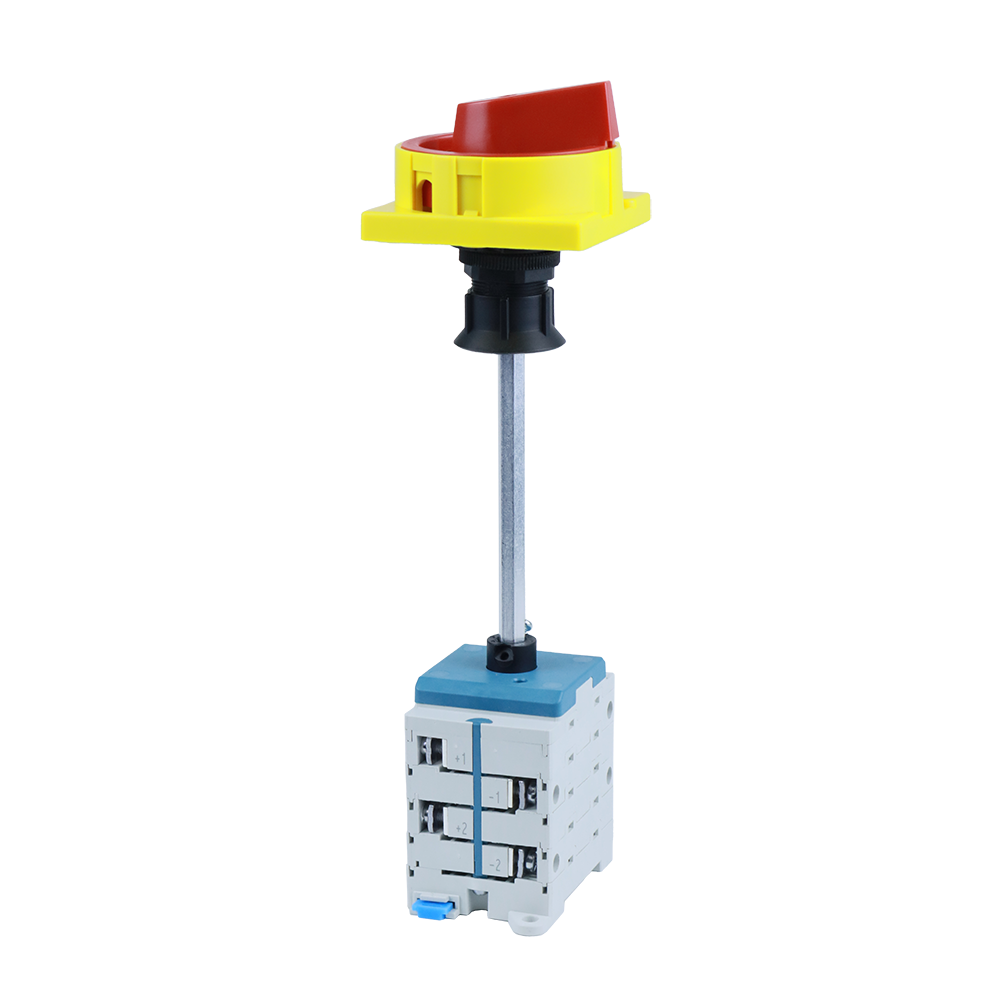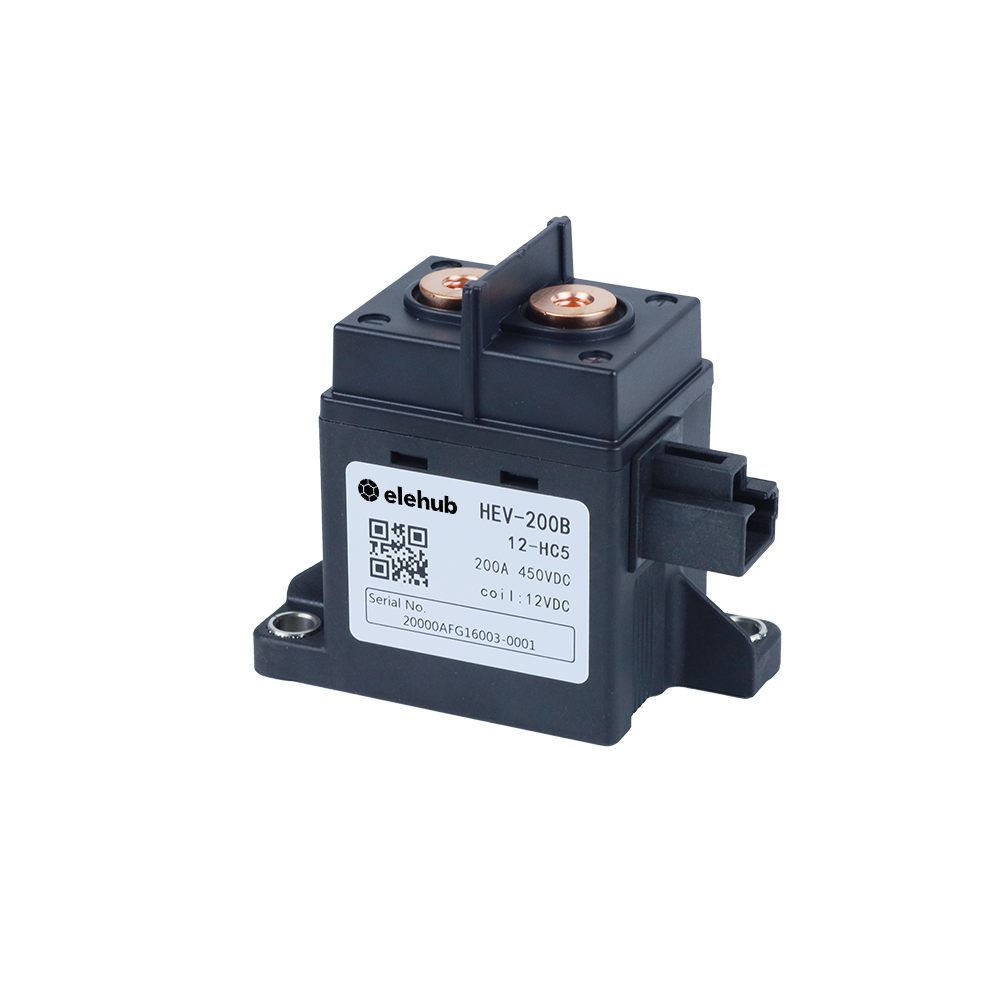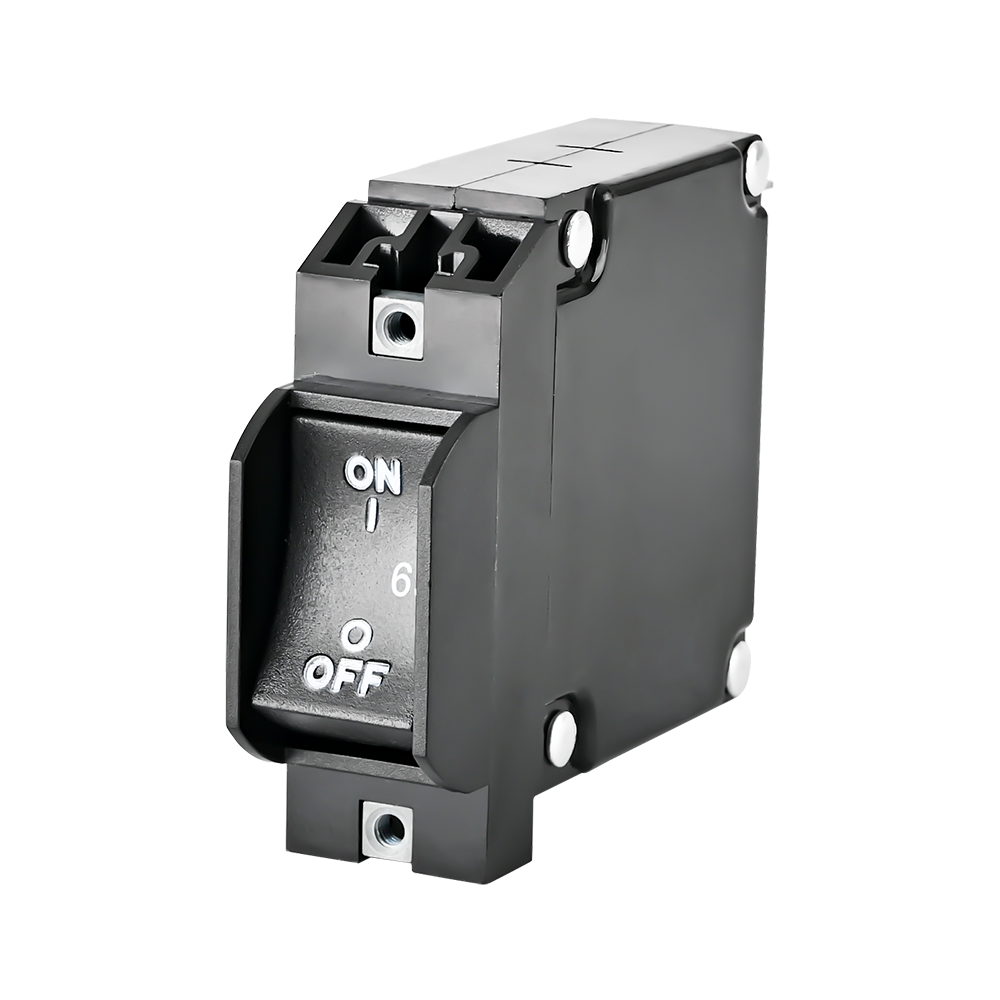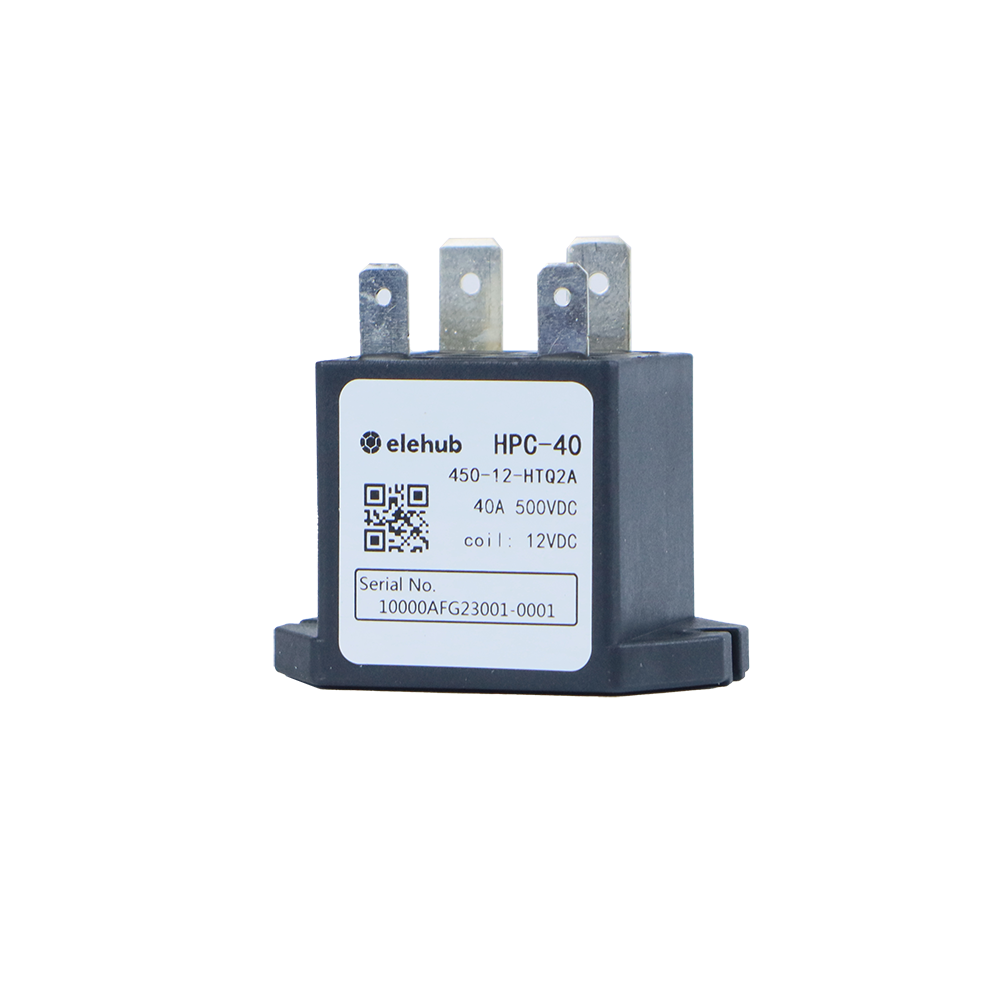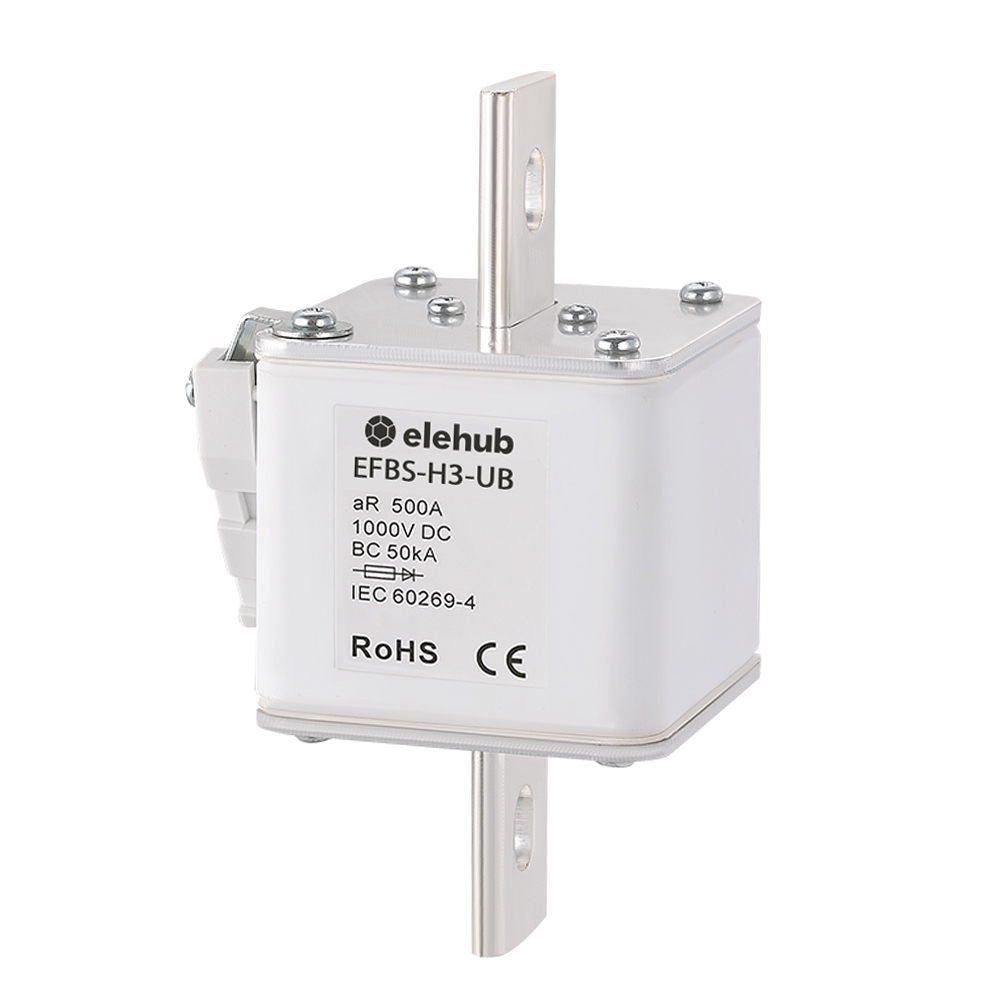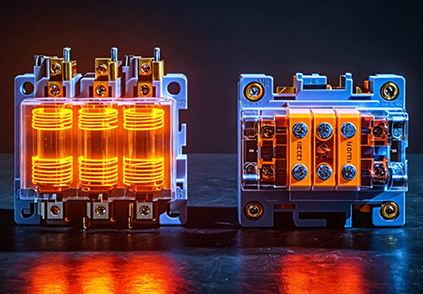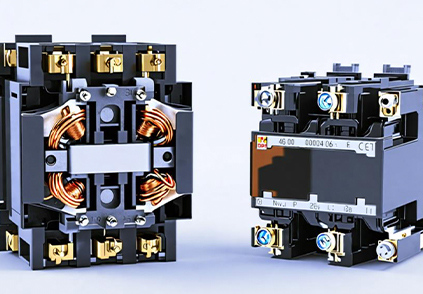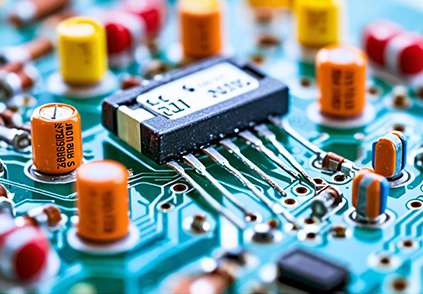An AC contactor is an electrical switch that controls power to your air conditioner’s compressor and fan motor. It’s a critical component, and when it starts to fail, you may notice warning signs like strange buzzing or humming sounds, visible burns or pitting on the contacts, or your AC struggling to turn on or stay running. A failing contactor can lead to inconsistent cooling, higher energy bills, and even damage to other parts of your system. But what causes a contactor to burn out in the first place? Let’s take a closer look at the common culprits behind this AC issue.
Understanding the Role of an AC Contractor
Before we discuss the warning signs of a failing AC contactor, it’s crucial to understand its role in your air conditioning system.
An AC contactor acts as an electrical switch, connecting and disconnecting power to critical components like the compressor and fan motor.
It engages when your thermostat signals a cooling demand, allowing electricity to flow and your system to operate efficiently.
What Does an AC Contractor Do?
An AC contactor plays an essential role in your air conditioning system, acting as an electrical switch that controls the power supply to important components like the compressor and fan motor.
When your thermostat sends a signal indicating that cooling is needed, the contactor closes its electrical contacts, allowing electricity to flow to the compressor and other parts of your AC unit. Conversely, when the desired temperature is reached, the contactor opens the contacts, cutting off the power supply.
As a significant electrical component, the contactor’s failure can lead to several issues with your air conditioning unit. If the contactor malfunctions, it may prevent the compressor from receiving the necessary power to operate, resulting in inadequate cooling or a complete system shutdown.
Additionally, a faulty contactor can cause the compressor to short cycle, which means it turns on and off more frequently than normal, leading to increased energy consumption and potential damage to the compressor itself.
To guarantee the efficient and reliable operation of your AC system, it’s essential to recognize the signs of a failing contactor and address the issue promptly.
How They Work
To understand how an AC contactor works, you’ll first need to grasp its role as an electrical switch that regulates power to your air conditioning system’s key components.
The contactor comprises a coil that, when energized by a signal from the thermostat, creates a magnetic field to close the contacts, allowing the flow of electricity to the compressor and fan motor. This enables the AC system to provide cooling or heating as needed.
However, over time, the contactor can experience wear and tear due to factors such as electrical surges or overheating. This can lead to operational issues, such as the contactor failing to connect or disconnect the power supply effectively.
To prevent such problems and guarantee the smooth functioning of your AC system, it’s vital to perform regular maintenance and inspection of the contactor. By identifying and addressing potential issues early on, you can avoid costly breakdowns and extend the life of your air conditioning unit.
Proper upkeep of the AC contactor is essential for maintaining a reliable and efficient cooling and heating system in your home or workplace.
Different Types of AC Contractors
When it comes to AC contactors, you’ll encounter different types designed for specific applications.
Single-pole contactors are suitable for controlling single-phase loads, while double-pole contactors handle higher current capacities and provide additional safety.
Specialty contactors, such as those with auxiliary contacts or built-in overcurrent protection, cater to unique requirements in HVAC systems.
Single-Pole Contractors
Among the various types of AC contactors, you’ll find single-pole contactors designed for controlling a single electrical circuit in low-voltage applications.
They’re commonly used in residential lighting systems, HVAC systems for fan control, and basic electrical appliances. When selecting a single-pole contactor, you’ll need to take into account the current rating, coil voltage, and the type of load it’ll control, whether it’s an inductive load or resistance.
Single-pole contactors consist of one set of contacts activated by a coil that opens or closes the electrical circuit based on a control signal. They’re typically rated for voltages ranging from 120V to 240V, making them suitable for various household applications.
By understanding the specific requirements of your application, such as the current draw and the nature of the load, you can choose the appropriate single-pole contactor to guarantee reliable operation of your electrical devices.
Proper selection and maintenance of these contactors will contribute to the overall efficiency and longevity of your electrical systems, particularly in HVAC applications where they play an essential role in controlling the flow of power to vital components.
Double-Pole Contractors
Double-pole contactors, designed to handle 240V AC circuits, offer reliable control for larger electrical loads in various applications, from HVAC systems to industrial machinery.
With two sets of contacts, they can manage both hot wires in a circuit, providing a complete power supply when engaged. You’ll find these contactors in different configurations, such as normally open (NO) and normally closed (NC), to suit specific operational needs.
When choosing a double-pole contactor for your HVAC system or other equipment, it’s important to take into account the voltage rating, current rating, and coil voltage to guarantee proper compatibility.
Keep an eye out for signs of failure, such as arcing, buzzing noises, melted casing, smoke, rust, or visible damage to the coil or armature. Addressing these issues promptly can help maintain the reliability and longevity of your electrical system.
Specialty Contractors
Beyond the standard double-pole contactors, you’ll find a diverse array of specialty contractors in the HVAC industry, each focusing on specific types of air conditioning systems and environments.
Some contractors specialize in energy-efficient systems, offering advanced technologies like variable refrigerant flow (VRF) systems or geothermal heat pumps to help you reduce your energy consumption and costs.
Others focus on emergency HVAC repairs, providing 24/7 services to address urgent cooling failures, especially during peak summer months when you can’t afford to be without air conditioning.
Imagine the peace of mind you’ll have knowing that your HVAC system is in the hands of experts who:
- Have the necessary expertise for installations and repairs of your specific system
- Offer routine check-ups and preventative maintenance plans to prolong your system’s life
- Are certified in specific brands or technologies, ensuring they’ve the knowledge to keep your system running efficiently
- Provide prompt, reliable service when you need it most, whether it’s a scheduled maintenance visit or an emergency repair
When you choose a specialty contractor from a reputable contracting company, you can trust that your HVAC system will receive the specialized care it deserves.
Telltale Signs of a Failing AC Contractor
Are you concerned that your AC contactor might be failing?
You can identify potential issues by paying attention to warning sounds, visual clues, and performance problems.
Let’s explore these telltale signs in more detail.
Recognizing the Warning Sounds
You know that annoying chattering, humming, or buzzing sound coming from your AC unit?
It’s not just a nuisance; it’s a warning sign that your AC contactor might be failing.
Pay attention to these telltale sounds, as they can help you identify and address contactor issues before they lead to a complete system breakdown.
That Annoying Chattering
Homeowners, listen up: that incessant chattering emanating from your AC unit could be a distress call from a failing contactor. If you hear these warning sounds, it’s time to investigate:
- The relentless tap dance of a contactor struggling to engage.
- The ominous buzzing of electrical arcing, hinting at impending failure.
- The staccato clicking of a contactor stuck in limbo.
- The unsettling hum of malfunctioning components.
Humming and Buzzing
Among these audible red flags, a persistent humming or buzzing noise is a telltale sign that your AC contactor is on its last legs.
This sound often indicates that the contactor’s coil is struggling to engage properly due to wear or electrical issues.
If left unchecked, a failing contactor can lead to inefficient operation and potential HVAC system breakdowns, necessitating immediate inspection.
Visual Clues of Contractor Issues
When inspecting your AC contactor for signs of failure, don’t forget to look for physical damage.
Check the contactor’s casing for melting, charring, or cracks, as these visual clues indicate internal issues.
Pay close attention to the connections, ensuring they’re secure and free from corrosion or unusual wear patterns.
Inspecting for Physical Damage
By visually inspecting your AC contactor for telltale signs of damage, you can identify potential issues before they lead to system failure.
Keep an eye out for:
- Visible burn marks or charring on the contactor, indicating overheating and arcing.
- Corrosion on the contact points, suggesting moisture exposure and poor connections.
- A melted or damaged casing, hinting at excessive heat buildup.
- Pitting on the contact surfaces due to electrical erosion.
Checking the Connections
Closely inspect the connections on your AC contactor for signs of damage or wear that could indicate impending failure. Check for loose or frayed wires, as these can cause voltage fluctuations and erratic performance. Look for corrosion or rust on the terminals, which can compromise electrical connections. Be alert for unusual noises like buzzing or chattering, suggesting mechanical issues within the contactor.
| Signs to Check | Potential Issues | Consequences |
| Loose wires | Voltage drops | Malfunction |
| Corrosion | Poor connections | Failure |
| Unusual noises | Mechanical wear | Breakdowns |
Performance Problems Indicating Contractor Failure
If your AC won’t turn on, short cycles, or runs inefficiently, it’s time to investigate the contactor.
Overheating and inconsistent cooling are also signs that your contactor may be failing.
Don’t ignore these performance issues, as they can lead to more serious problems down the line.
AC Won’t Turn On
A malfunctioning AC contactor can manifest through various performance issues, most importantly your air conditioner’s failure to turn on when prompted.
If your AC won’t turn on, it could be due to a failing contactor disrupting the electrical flow. Other signs include:
- Unusual buzzing noises coming from the unit
- Visual signs of damage or melting on the contactor casing
- Reduced cooling effectiveness
Short Cycling
When your AC won’t turn on due to a failing contactor, you may also notice another telltale sign of trouble: short cycling. This erratic behavior occurs when the contactor fails to stay closed, causing the AC system to frequently turn on and off. As a result, you’ll experience inconsistent cooling and increased energy consumption.
| Symptom | Cause | Solution |
| Frequent on/off cycling | Failing contactor | Replace contactor |
| Insufficient cooling | Interrupted power delivery | Inspect electrical connections |
| Higher energy bills | Inefficient operation | Consult a technician |
Overheating and Inefficiency
Telltale signs of a failing AC contactor include overheating, inefficient cooling, and higher energy bills—all performance problems that indicate it’s time to investigate further.
When a contactor malfunctions, you may notice:
- Inconsistent cooling due to erratic power delivery
- Frequent short-cycling, reducing efficiency
- A burnt smell from overheating contacts
- Rising energy bills as the system works harder to compensate for contactor issues
Why is a Failing Contractor Bad for Your AC?
A failing AC contactor can wreak havoc on your air conditioning system, leading to a host of problems.
It can damage other sensitive components, cause your energy bills to skyrocket, and negatively impact your comfort and safety.
Let’s take a closer look at how a malfunctioning contactor can affect your AC system.
Damage to Other Components
Failing to address warning signs of a malfunctioning AC contactor can lead to extensive damage throughout your HVAC system. When your contactor fails to deliver sufficient power, it causes overheating, which increases wear and tear on essential components. This extra strain can result in premature failure of your compressor and fan motor, leading to costly repairs.
Imagine the consequences of neglecting these warning signs:
- Your AC unit constantly clicking and straining to maintain proper operation
- Inconsistent cooling performance leaving you uncomfortable on hot days
- Frequent electrical issues tripping breakers and damaging sensitive electronics
- Physical damage to the contactor causing dangerous arcing and potential fire hazards
Addressing contactor issues promptly is vital for preventing these problems. Regularly inspect your contactor for signs of damage, such as burn marks or corrosion, and listen for unusual sounds like buzzing or clicking.
If you notice any warning signs, contact a professional HVAC technician to diagnose and replace the faulty contactor before it causes further damage. By being proactive, you can guarantee your AC system operates reliably and efficiently, saving you from expensive repairs down the road.
Higher Energy Bills
In addition to causing extensive damage to your HVAC system, a failing AC contactor can also lead to higher energy bills. When your contactor isn’t functioning properly, it can cause your AC to work less efficiently, resulting in increased energy consumption and, consequently, higher utility costs.
A malfunctioning contactor may lead to short-cycling, where your AC frequently turns on and off, consuming more energy than necessary. Inefficient cooling caused by inconsistent power supply to the compressor and fan motor can also prompt your system to work harder, further increasing energy usage.
Moreover, overheating and electrical issues stemming from a bad contactor can cause voltage fluctuations, putting additional strain on the electrical system and contributing to elevated energy costs. To prevent these issues and maintain ideal efficiency, it’s essential to address any warning signs of a failing AC contactor promptly.
Regular maintenance and timely replacement of a faulty contactor can help you avoid worsening efficiency and considerably higher energy bills over time. By staying proactive and addressing contactor issues early on, you can keep your HVAC system running smoothly and cost-effectively.
Impact on Comfort and Safety
When your AC contactor starts failing, it can greatly impact both your comfort and safety. A malfunctioning contactor may cause your air conditioning unit to become unresponsive, leaving you uncomfortable during extreme temperatures. You may experience inconsistent cooling, with some areas of your home being too warm while others are excessively cool. This uneven temperature distribution is a clear sign of failure in your AC system.
Moreover, a failing contactor can lead to increased energy consumption and higher utility bills as your HVAC system works harder to maintain the desired temperature. This not only affects your comfort but also your wallet.
Picture this when your AC contactor shows signs of failure:
- Sweltering heat inside your home on a scorching summer day
- Constantly adjusting the thermostat to find relief
- Hearing strange buzzing noises from your AC unit
- Worrying about potential electrical hazards and fire risks
Safety is also a significant concern when dealing with a failing AC contactor. The risk of electrical hazards, such as arcing or burning, increases, potentially leading to fire hazards and damage to other HVAC components.
Common Causes Behind Contractor Burnout
What’s causing your AC contactor to burn out?
Electrical overload, high voltage surges, and mechanical wear are common culprits.
Environmental factors and faulty installation can also lead to premature failure.
Electrical Overload
One of the most common causes behind AC contactor burnout is electrical overload, which happens when the current drawn by the unit exceeds the contactor’s rated capacity. This leads to overheating and potential failure of the contactor’s components. Several factors can contribute to this issue:
- An aging compressor that demands more power to operate, straining the contactor.
- Improper sizing of the contactor for the specific HVAC system, causing it to work harder than designed.
- Voltage spikes from power surges, which can damage the contactor’s internal parts.
- Continuous cycling of the AC system due to a malfunctioning thermostat, wearing out the contactor prematurely.
When the contactor fails due to electrical overload, you may notice arcing at the contact points, causing pitting and increased electrical resistance. This further exacerbates the overload condition, leading to a shorter lifespan for the component.
To prevent these issues, regular maintenance is essential. Inspecting and cleaning the electrical connections can help identify potential problems early on, ensuring the contactor operates within its rated capacity and prolonging its life.
High Voltage Surges
Another major culprit behind contactor burnout is high voltage surges, which can wreak havoc on your AC system’s electrical components. These surges often result from lightning strikes, power outages, or sudden fluctuations in the electrical grid, putting increased stress on your contactors. Over time, this can lead to arcing and overheating, causing the melting or burning of contactor components.
| Cause of Surge | Effect on Contactor |
| Lightning strikes | Arcing and overheating |
| Power outages | Melting or burning components |
| Grid fluctuations | Degraded insulation materials |
| Frequent surges | Reduced lifespan (3-5 years) |
Frequent electrical surges can also degrade the insulation materials within contactors, making them more susceptible to failure. As a result, the average lifespan of a contactor can be notably reduced, potentially dropping from 10 years to as little as 3-5 years in areas prone to high voltage surges. To protect your AC system from unexpected voltage spikes and extend the life of your contactors, consider installing surge protection devices in your electrical system. This proactive measure can help shield your contactors from burnout caused by high voltage surges.
Mechanical Wear and Tear
The continuous cycling of electrical current takes a toll on your AC contactor, causing mechanical wear and tear that can ultimately lead to burnout. Over time, the contact points within the contactor degrade due to the constant making and breaking of electrical connections. This wear is exacerbated by frequent power fluctuations and electrical surges, which can cause the contacts to pit or even weld together, resulting in operational failure.
Imagine the contactor as a tireless worker, constantly switching on and off:
- Sparks flying as the contacts open and close
- Heat building up within the contactor’s housing
- Grime and corrosion slowly accumulating on the contact surfaces
- The once-pristine contactor now marred by the signs of age and wear
To prevent complete failure, it’s essential to conduct regular maintenance and inspections. By identifying the early signs of mechanical wear and tear, you can schedule a timely replacement of the contactor before it burns out, leaving your HVAC system inoperable.
Stay vigilant and proactive in your maintenance approach to guarantee your AC contactor continues to function reliably, keeping your space comfortable and cool.
Environmental Factors
Lurking in the shadows, environmental factors play a vital role in the premature burnout of AC contactors, often catching unsuspecting technicians off guard.
Exposure to moisture can lead to corrosion of the electrical contacts, reducing their conductivity and causing the contactor to fail.
Overheating is another common culprit, often caused by electrical surges from power fluctuations or high ambient temperatures that increase the current draw and thermal stress on the contactor.
Don’t overlook the impact of dust and debris accumulation around the contactor, as this can obstruct airflow and trap heat, further contributing to overheating and operational inefficiencies.
Improper installation or wiring issues can also create excessive strain on the contactor, accelerating its deterioration and increasing the likelihood of malfunction.
To prevent these environmental factors from wreaking havoc on your AC contactor, it’s essential to maintain a clean, dry, and well-ventilated environment around the unit, while also ensuring proper installation and protection from electrical surges.
Faulty Installation
Faulty installation, the silent saboteur, can wreak havoc on your AC contactor’s longevity, causing it to burn out prematurely and leave you sweating in the heat.
When electrical connections are improperly made due to sloppy workmanship, resistance increases, generating excessive heat that accelerates wear on the contactor’s components. Additionally, if the contactor isn’t sized correctly for your specific application, it’ll be forced to cycle on and off more frequently than designed, leading to premature burnout from the added strain.
Picture the consequences of a poorly installed contactor:
- Wires charred and melted from inadequate gauge sizes
- Contacts pitted and corroded due to moisture exposure
- The contactor’s casing warped and misshapen from improper mounting
- A once-pristine unit now caked in rust and grime
To avoid these issues, it’s essential to follow manufacturer specifications to the letter during installation. Failing to do so can result in misalignment, mechanical stress, and a drastically reduced lifespan for your AC contactor.
Don’t let faulty installation sabotage your system’s reliability—insist on proper techniques and materials from the start to guarantee your contactor stays cool under pressure.
Frequently Asked Questions
How Do You Know if Your AC Contactor Is Bad?
You can tell if your AC contactor is bad by listening for a constant clicking noise, which indicates it’s struggling to switch on or off.
Other signs include your AC unit failing to start or experiencing intermittent delays.
Look for visible damage like burn marks or corrosion on the contactor’s contact points.
If you’re experiencing frequent electrical issues, such as flickering lights or tripped breakers, it may be due to a failing contactor.
Will an AC Fan Run if the Contactor Is Bad?
If your AC contactor is bad, the fan might run intermittently or not at all.
That’s because the contactor controls the power supply to the fan motor. A malfunctioning contactor can prevent the AC unit from starting, keeping the fan inactive even when the thermostat signals for cooling.
In some cases, the fan may run continuously without the compressor activating, indicating that the contactor isn’t properly engaging the compressor.
How Do You Test a AC Contactor?
Testing an AC contactor may seem intimidating, but it’s a straightforward process.
First, turn off the power for safety.
Then, visually inspect the contactor for damage or corrosion.
Use a multimeter to check continuity across the terminals and test the coil voltage when activated.
Listen for unusual sounds during testing.
If you notice any signs of failure, like burnt marks or overheating, it’s best to replace the contactor promptly.
What Is the Root Cause of Contactor Failure?
You might be wondering about the root causes of contactor failure.
It often stems from electrical surges or fluctuations that wear down the contact points and internal components over time.
Age-related deterioration is another common culprit, as repeated cycling and exposure to heat and moisture can degrade functionality.
Overheating from high current draw, improper installation, wiring issues, and contaminants like dust and moisture can also lead to premature failure.
Conclusion
Don’t let a failing AC contactor leave you sweating this summer.
By understanding its role and recognizing the warning signs, you can prevent costly breakdowns and maintain a comfortable home.
While some may argue that regular maintenance is an unnecessary expense, the truth is that proactive care can save you money in the long run.
Take control of your HVAC system’s health today and enjoy the peace of mind that comes with a well-functioning AC unit.



